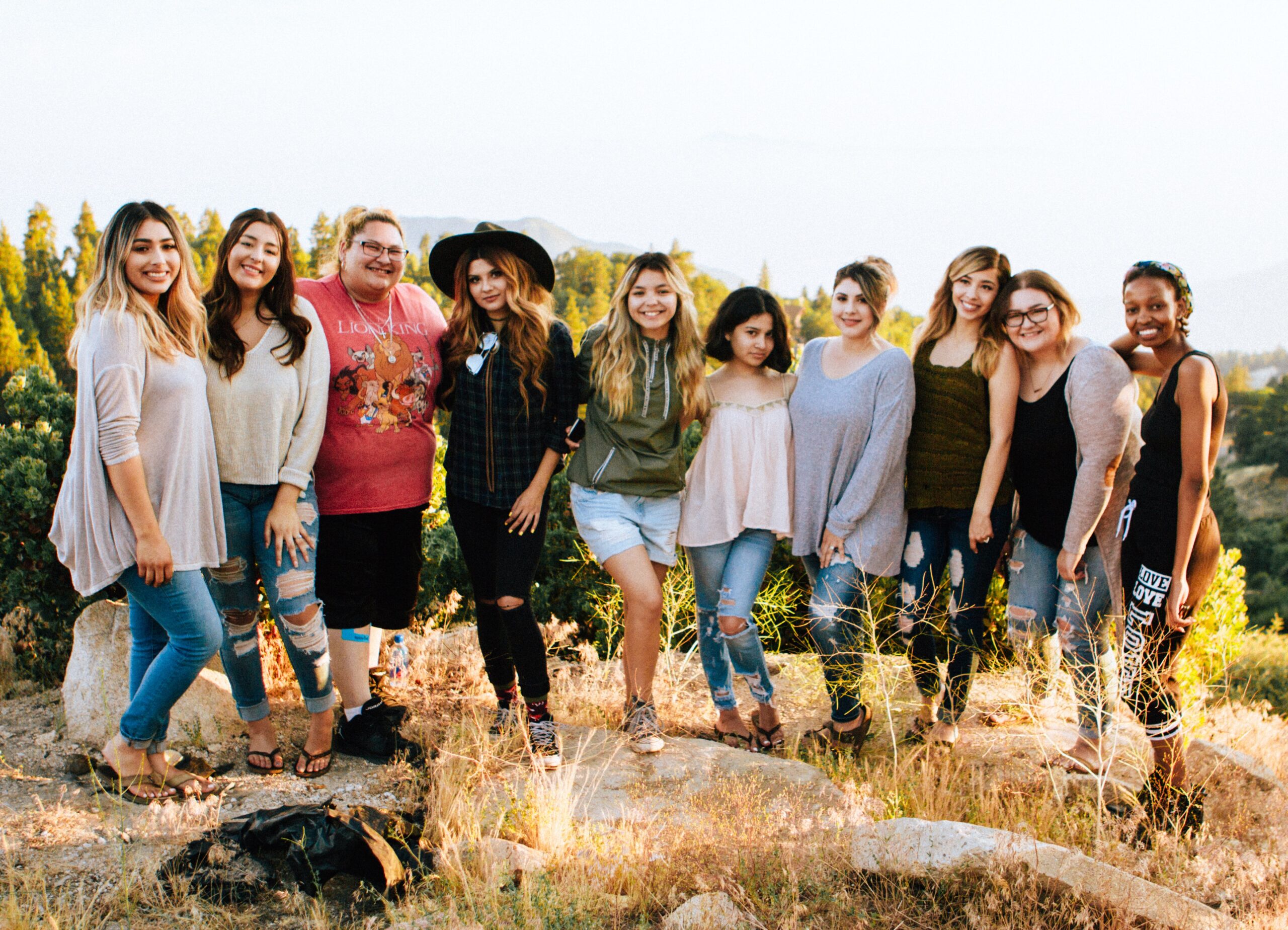The 78-year-old man is barely breathing. This is his fourth hospital visit in as many months. He has severe emphysema. The doctor quickly asks the family if they want everything done. Not really understanding the question the family readily says “yes.” The family is rushed out of the room.
The nurse jumps up on the bed and begins pumping the elderly patient’s chest. The unmistakable crunching sound of broken ribs makes us cringe. The doctor is now putting a metal instrument into the dying patients mouth to guide a plastic tube down through his vocal cords. Another nurse pushes a plastic tube through his penis into his bladder.
The doctor now makes a small skin incision and pushes a straw sized tube into the jugular vein.
2 days later the patient dies in the intensive care unit.
Unfortunately, this story describes the death experiences of many of our elders.
Each and every one of us will die one day. We don’t give death much thought. What will it be like? How do we want to die? Many of us have a fantasy that our dying will be sudden and peaceful, perhaps occurring in our sleep.
Yet a recent study tells us that only 10% of Canadians will experience such a ‘good death’.
Some of us will have no choice in the matter and be taken early by an accident. But many of us will receive some kind of a warning and have time to plan. When asked, a great majority of people say they would prefer to die at home surrounded by their loved ones. Unfortunately, only a very few have those preferences supported and respected.
I hope that this article will help empower you to make your wishes known and to die with dignity when the time comes.
Once upon a time pneumonia was called “the old man’s friend.” It was understood that at a certain point we are ready to die. The old man’s friend was thought of as a quick, painless, natural death.
The fact is that as scientific medicine has advanced, the idea of a natural death has retreated. Many healthcare providers see death not as an eventual inevitability, but as a failure on their part. We can make more and more accurate diagnoses and offer countless treatments. Never before have we had so many weapons to ward off the grim reaper.
Many times these tools cannot bring back good health but only delay the inevitable. Often placing someone on a “life support machine” is really putting them on a “death delaying machine.”
The suffering experienced is significant.
These measures all have a purpose and in specific scenarios the benefits outweigh the harms and absolutely bring people back from the dead.
I remember a woman who had just delivered her twins and 1 week later caught a rare infection that almost took her life; she spent 3 months on these machines that supported her through lung and kidney failure and allowed her to survive to raise her babies. This is one of my heart-warming stories.
Unfortunately, I have many stories of elderly patients whose bodies and spirits were already very weak when they were placed on these machines. Some did recover to live for a few more months or even years but many suffered and died shortly thereafter, with their privacy and dignity compromised.
The default position of medical staff and the legal system is to assume that every patient would want “everything done.” From there, in situations where aggressive measures might be futile we try to explain to patients that aggressive care might not be the right thing to do. However it is not a good time to be making such difficult decisions on the spot, in the middle of a life threatening health crisis.
Every person’s story is different and there is no “one size fits all.” However, it is very important that we have the difficult conversations with our family and healthcare providers to let them know our wishes so that when our time comes we will be able to die with dignity, according to our values and wishes.
If you are elderly, if you are sick, if you have been diagnosed with terminal cancer, if you have a worsening chronic condition like emphysema or heart failure or kidney failure, it is crucial to have this conversation.
Let your doctors know that while you want them to try to heal you or your loved one you also want them to make sure that the potential good of their treatments is not outweighed by the potential harm caused by the infliction of a death without peacefulness, the presence of family, and the dignity that is every one is due.










